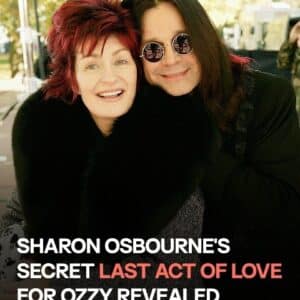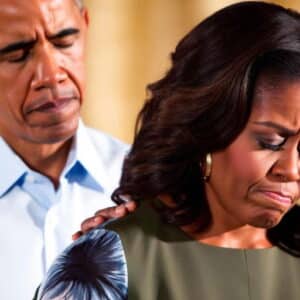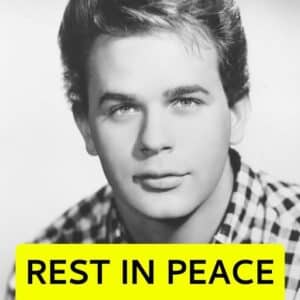When Dennis invited us to the family barbecue, I said yes before thinking twice. He was my ex-wife’s stepfather—a gruff, no-nonsense man who still treated me decently even after Nadine and I divorced. So, when he texted, “Family BBQ on Saturday, Reid. Bring Elodie,” I thought it was a sign of peace. My fiancée, Elodie, agreed.
We arrived with homemade dishes, expecting grilled food and light conversation. Dennis greeted us at the gate with a garbage bag and a strange request. He wanted Elodie to clean dog mess from the patio and me to dig up part of the garden before we could join. At first, I thought he was joking. But behind him, I saw Nadine and her family already gathered, and the look on her face told me this was no prank.
Elodie’s smile stayed polite, but I felt her stiffen beside me. We’d been lured there under false pretenses to be humiliated. Quietly, we left, found a pub nearby, and spent the afternoon eating in peace. Later that night, Facebook lit up with posts from Nadine’s relatives, mocking us for not “earning our place.” It stung—not because of their words but because I had led Elodie into that situation, thinking civility would keep the peace.
Two weeks later, I invited Dennis and Nadine to dinner at our home. When they arrived, I handed them toilet brushes and asked them to scrub the bathroom before we ate. “Everyone earns their place here,” I said, throwing his own words back at him.
They were furious, but I stayed calm. “Elodie and I are engaged,” I said. “We wanted to share the news before, but we’ve decided not to invite you to our wedding. We only want people who respect us there.” I opened the door, and they left in silence.
That night, Elodie curled against me on the couch and asked, “Are we bad people?” I told her the truth—I’d spent years believing that keeping peace with Nadine’s family proved I was good. I’d patched a sinking ship long after it sank, hoping they wouldn’t rewrite my story.
“I never wanted to be a test,” Elodie whispered.
“You weren’t,” I said. “You were proof of what peace really looks like. I just needed to stop performing for people who thought kindness had to be earned through humiliation.”
She smiled softly. “I’m proud of you. That took guts.”
“I don’t want our life to look like theirs,” I said. “I want us to build something safe, where we both feel wanted.”
“Then let’s build that kind of life,” she replied.
That night, for the first time, I stopped second-guessing where I stood—not just with her, but with myself. We weren’t bad people. We weren’t vengeful. We were finally free.





